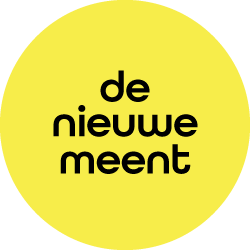Diversity for DNM means working towards creating a community that includes a wide spectrum of ethnicity, class, gender, religion, age, sexual orientation, differently abled bodies and more, while working actively on creating a safe space for people coming from structurally marginalized groups. DNM starts the aim for diversity and inclusivity with acknowledging color: we are not color blind and recognize that certain identities systematically enjoy more privileges.
The initiators of the project, being a predominately white group, acknowledge their privilege and shortcomings and agree on the importance of making the project accessible for other diverse, underrepresented groups.
What dNM is doing about diversity:
- There are external experts who guide the short-term and long-term process of diversity and inclusion.
- In the second application round, diversity is given priority.
- Questions and requirements regarding diversity will be made more explicit on the registration form.
- The committee will represent diversity.
- There is a Diversity & Access working group that has an umbrella function.
- There is a Safer Space working group where black people and people of color can come together to raise issues in an exclusive environment. Conclusions made herein should be taken seriously by the rest of the group.
- If other groups also need such an exclusive space, it can also be set up.
- Culture change is a longer process of dismantling structures based on white, Neo-liberal and other destructive structures.
- DNM wants to have a culture where white people educate white people about racism, to involve them in the dismantling of oppressive and exploitative systems and to protect BIPOC from doing that work.
- Creating a safe space for those who come from groups that are systematically oppressed is a priority.
- Flexibility to adapt structures to the needs of the users.
- Workshops on white privilege, diversity, sexism and class and more are organized for all members.
- One (social)housing unit is made permanently available for undocumented people in collaboration with (self)help organisation(s) in this field.
- Aftercare. After a possible conflict, people are assigned to provide emotional support to those involved.
- Actively reach out to other communities and organisations.
